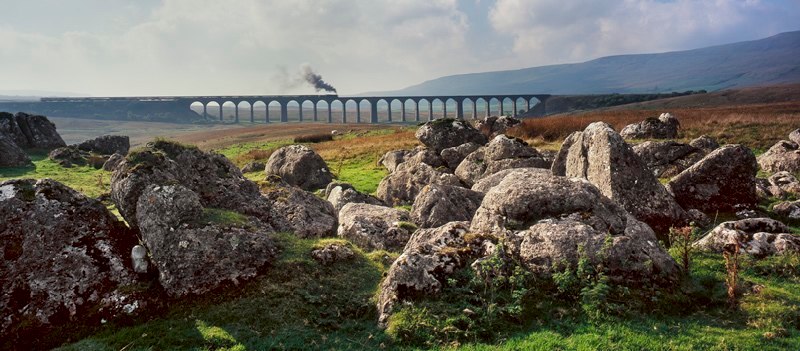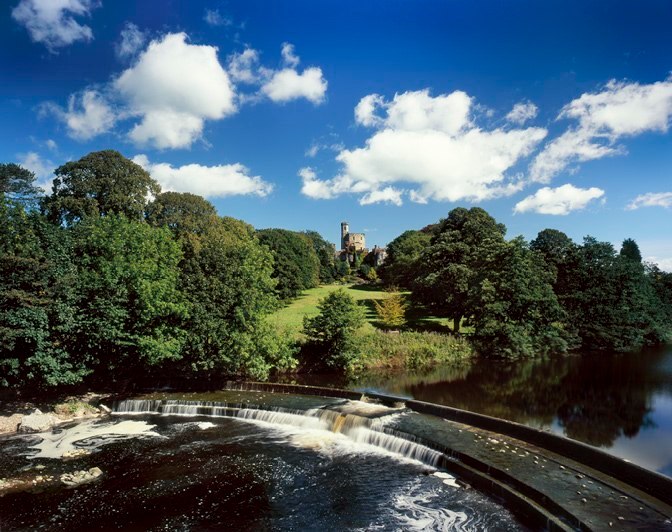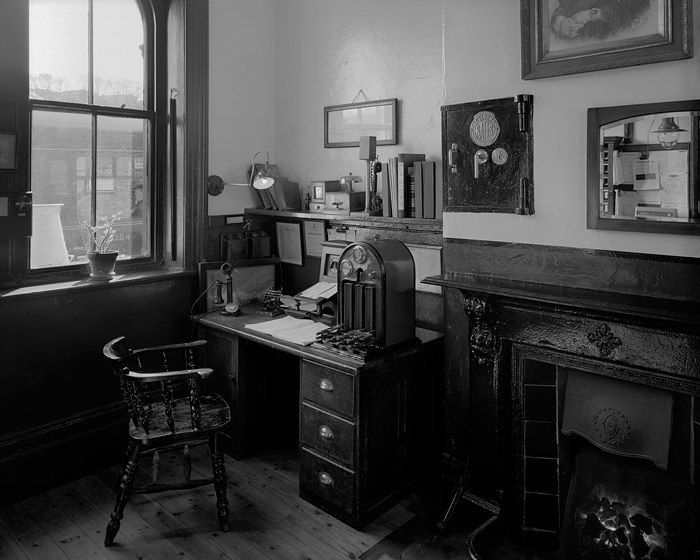I keep running across references by other photographers about their continuing use of graduated filters for either digital capture or film capture that is intended for scanning.
I quit using graduated filters when I started capturing for digital printing, because I found I had so much more creative control with gradients in PS. When capturing for digital presentation or printing, what does a graduated filter do that can't be done better with a gradient in PS? Am I missing something?




 Reply With Quote
Reply With Quote







Bookmarks